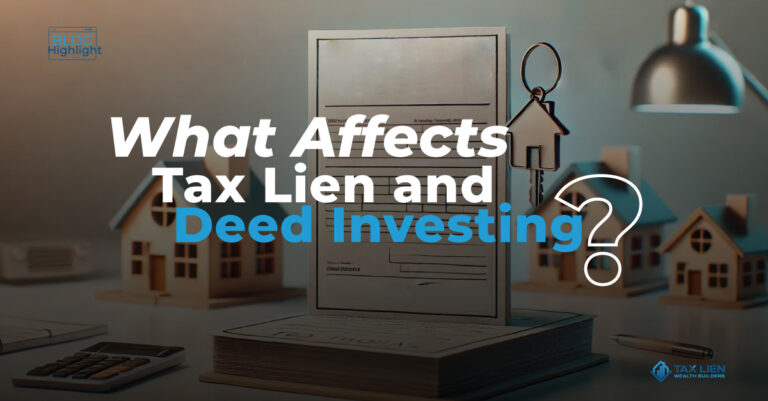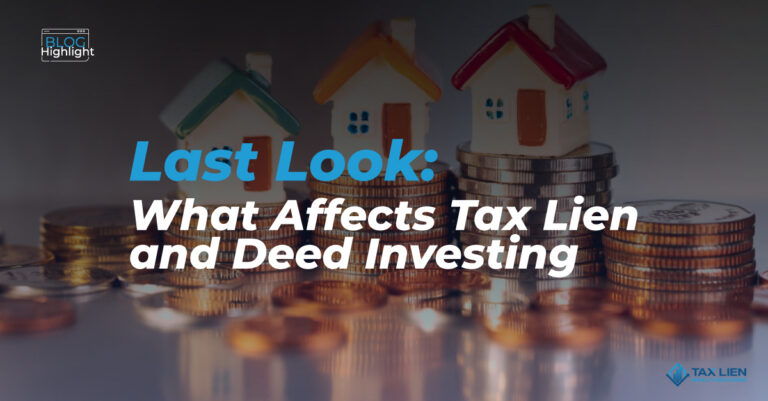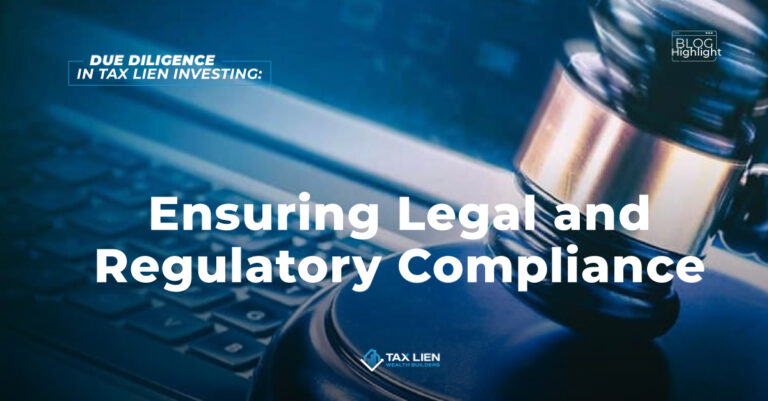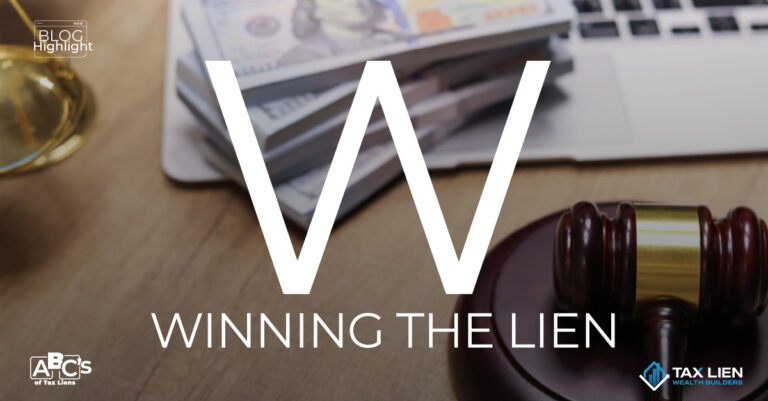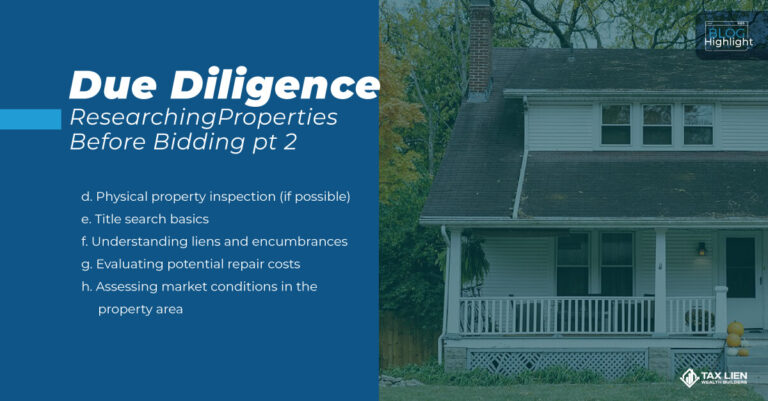Understanding Online Tax Lien Auctions
Every state has specific rules governing how tax liens are processed. To participate, one must first know the county you want to bid in. Once you have selected your county, simply login to the tax collector website and look for “Online Auctions.” The online auction will have a list of properties with the minimum bid amount required to purchase the lien.
When you participate in an online tax auction, you are bidding on the interest rate for the tax lien. The highest bidder at the end of the auction will win the tax lien. The winning bidder will then be responsible for paying off the taxes owed on the property plus any interest that has accrued.
Once the tax lien is paid off, the new owner will receive a deed to the property. If the previous owner does not redeem their property within a certain time frame, they may lose their rights to the property entirely.
If you are interested in investing in online tax auctions, please research your state’s specific rules and regulations to ensure you are compliant. Happy bidding!
Pros of Virtual Auctions
There are some significant benefits to buying virtually, particularly in today’s environment. First, there’s the health benefit. You don’t have to stand in line and run the risk of exposure to germs. You can do everything from the comfort and safety of your own home. Second, online tax auctions are becoming increasingly popular, so you’re likely to find a larger selection of properties to choose from. Finally, you’ll save money on travel costs by not having to physically visit the auction site.
When it comes to online tax auctions, one of the most important things to remember is that you’re buying a lien, not the property itself. A tax lien is a claim that the government has against a property for unpaid taxes. The owner still has the right to redeem the property by paying off the lien plus interest and penalties within a certain time period. If they don’t, you may be able to foreclose on the property and get ownership of it.
Of course, there are some risks involved in buying tax liens online. The biggest one is that you can’t inspect the property before you buy the lien. You’re relying on information from the government about the property, and it’s possible that this information could be inaccurate or out of date.
Another risk is that the owner could redeem the property before the redemption period expires. This would mean that you wouldn’t get ownership of the property, but you would still be owed the amount of the lien plus interest and penalties.
Before you participate in an online tax auction, make sure you do your research and understand the risks involved. With a little bit of knowledge and caution, you can make a wise investment that could pay off handsomely.
Insurable Title
The insurable title usually means that they will provide title insurance with notable exclusions. If there are clouds on the title, their title insurance company will provide insurance that excludes those issues. Other than that, the insurable title is pretty standard. You can get it from a title company, an attorney, or sometimes even a real estate agent.
When you’re buying a property, an insurable title is one of the key things to look for. Make sure that you’re getting title insurance from a reputable company, and that any exclusions are noted upfront. That way, you’ll be protected in case anything comes up later on.
Reserve Price and True Market Value
The online bid price is meant to attract your attention. It is not necessarily the sales price you will pay and might have little relationship to actual market value. The estimated bidding price might be 50% to 75% of the amount the seller hopes to receive. The reserve price, which is the minimum amount the seller will accept, is not generally published. If a reserve price has been set, and you are the high bidder when the reserve is met, you will be notified that you are the high bidder (but not necessarily the winner).
The true market value of an item may be much higher than either the starting bid or reserve price. Bidding increments are usually in set dollar amounts or a percentage of the current high bid. At estate sales, most items are sold to the highest bidder without reserve prices; however, some items may have a reserve and/or minimum bid requirement. With online bidding, your maximum bid (the highest amount you are willing to pay) is confidential; however, the auction company will bid on your behalf up to that amount if necessary. If another bidder has also placed a maximum bid, the auction company will continue to bid on your behalf up until your maximum is reached or the reserve price is met, whichever comes first. If the reserve price is not met and no other bidders are willing to pay your maximum amount, the item will not sell.
The online auction may have a “buy it now” feature allowing you to purchase an item immediately at a set price. This does not mean that you can make an offer for less than the “buy it now” price; it means that if you are willing to pay the published “buy it now” price, you can avoid the bidding process altogether and take the item now. If you do choose to bid, and the reserve is not met, the item will be offered again at a future auction. Before bidding on an item, be sure to read the descriptions carefully and examine any available photographs closely.
You can learn more from our free and informative workshops. Join us: https://www.tlwbevents.com/workshop


